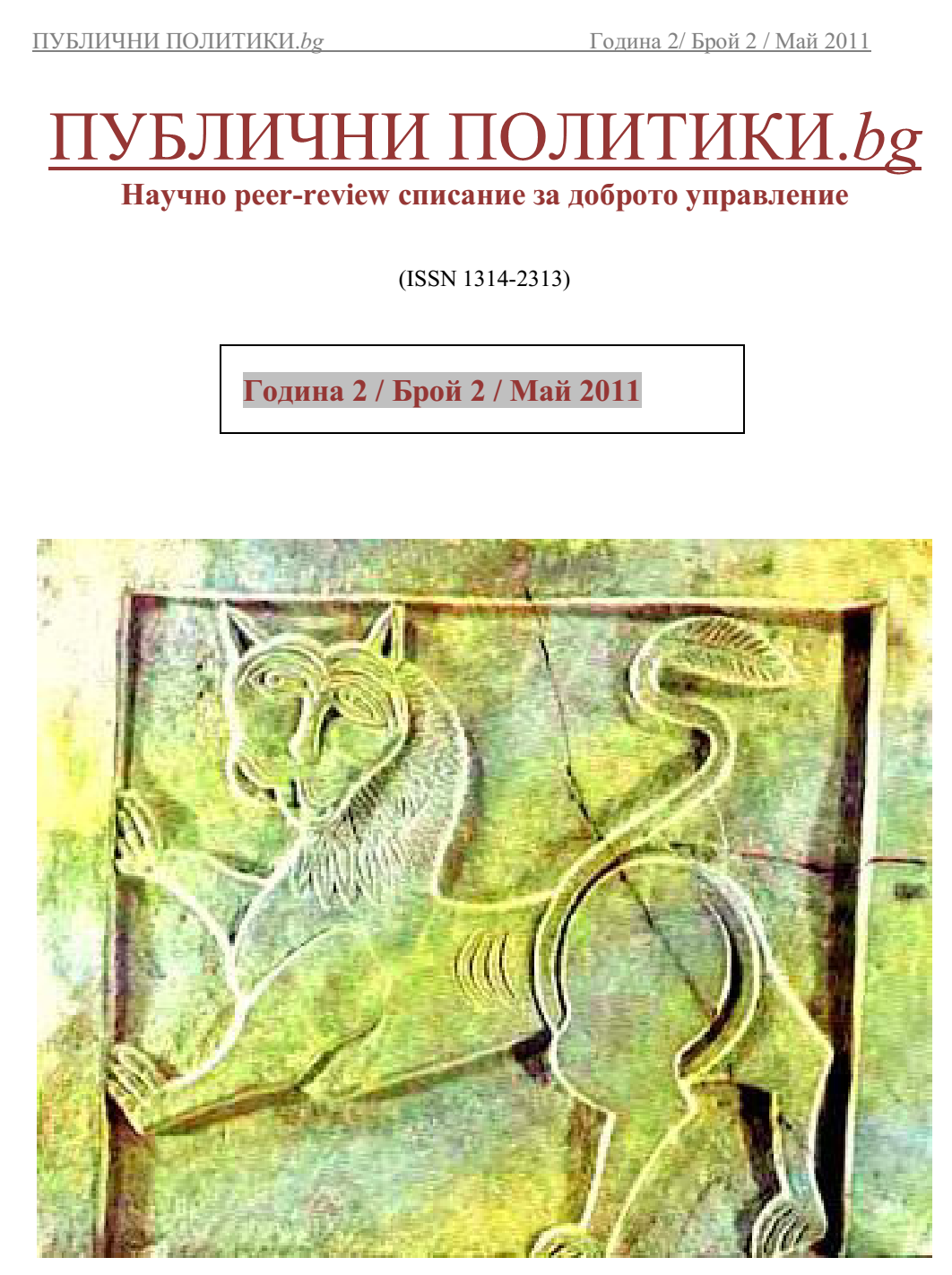КАПАЦИТЕТ ЗА ПОЛИТИКИ В АДМИНИСТРАЦИЯТА
THE POLICY CAPACITY IN PUBLIC ADMINISTRATION
Author(s): Aleksandar MarinovSubject(s): Politics / Political Sciences, Politics, Social Sciences, Political Theory, Political Sciences, Governance, Public Administration
Published by: Софийски университет »Св. Климент Охридски«
Keywords: policy capacity; public administration
Summary/Abstract: The purpose of this paper is to develop an understanding of the policy capacity in contemporary public administration. According to many observers, several factors have eroded the policy capacity in administration, but the paradox is that the same factors make the capacity to deal analytically with policies all the more important. Amongst them globalization of policy, increased importance of the horizontal dimension of government policy, growing fiscal restraints, new “politicization” of policy, changing definition of the role of civil servants and participatory public ethos are mentioned. The policy capacity in administration is conceptualized as capability to make more significant departures from the status quo and to make those changes successfully. It means that “good” policy making would involve administrative competence that would drive government to make longer-term, strategic policy choices. For the purposes of this paper an approach is chosen that focuses on the quality of policy decisions in more substantive sense; it attempts to assess the utilization of knowledge within the policy-making process. We can evaluate policy making along a variety of dimensions, but one of the most important is the utilization of knowledge and the capacity to generate and apply policy advice effectively in order to make policies “better”. An attempt is made to answer the traditional five questions: who, what, when, where and why, but beginning with “What?” In the context of administration contribution to policy making and its capacity to make good policy, the issue of what sort of information is needed, whether it exists, and what to do if it does not exist is in some ways the most difficult and most crucial of these questions.
Journal: ПУБЛИЧНИ ПОЛИТИКИ.bg
- Issue Year: 2/2011
- Issue No: 2
- Page Range: 35-47
- Page Count: 13
- Language: Bulgarian

